“Beginnings” are always exciting and surely nothing can be more exciting than the earliest forms of life. Fossils, I thought might be the perfect place to start my year of exploring the world of Beasts. This first week then will explore my local fossils. I live by Grafham Reservoir whose shoreline is littered with shelly fossils. They are mostly Gryphaea remains, otherwise known, delightfully, as “devils toenails”.

This beautiful image is from the Natural History Museum’s page on the Gryphaea of Lyme Regis.
The ones we see here are much more weathered and misshapen but there is still the magic feeling of handling something so very ancient. They are from the early Jurassic period approx 199-189 million years ago. There must be millions of them here. Most of the ones from the shore here look like this:
Devils Toenails from Grafham Reservoir shore Jan 2014
A typical piece of the “shingle”in today’s sun. It’s mostly made up of bits of graphaea from a bay on the reservoir that I, really creatively, call Devil’s Toe Nail Cove.
Devils Toenails 2012 Sketches from earlier P&L post, inspired by their odd shapes. In life the Gryphaea were bivalves and relatives of our oysters. From Bristol University’s site Fossil Types
GRYPHAEA (or Devil’s Toenail): An extinct genus of bivalve. It is believed to have been an unattached recumbent recliner on the sea floor, with its very own self-righting mechanism if a strong current knocked it out of the sediment.
From the Natural History Museum’s Gryphaea page
“As a bivalve it possesses two valves. The valves are markedly unequal in size and shape, the left valve is strongly incurved, the right valve is small and flat. The left shell is thick and its surface is marked with numerous ridges. They lived on the sea floor with the flat right valve facing up, it probably acted like a lid, when open allowing water carrying oxygen and nutrients to flow in and be filtered out of the water.”
Having read this, it now makes more sense of the shape.
Devil’s Toenails: Graphaea Fossils from Grafham Water
Pencil on cartridge 8 x10”
I did find one today with a fraction of the “lid” intact. See the drawing top left. It explains some other odd shaped things I have found.
Devils Toenail?
The name does seem rather obvious when you see the gnarled and twisted shapes. Some may have thought they were the actual toenails of demons. In that case there were legions of demons around Grafham, which could account for quite a bit. More about these strange creatures, other local fossils and their inhabitants tomorrow.


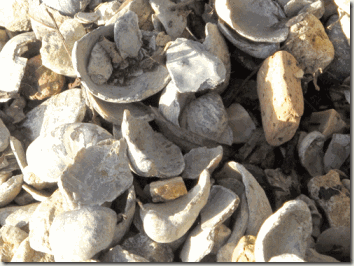
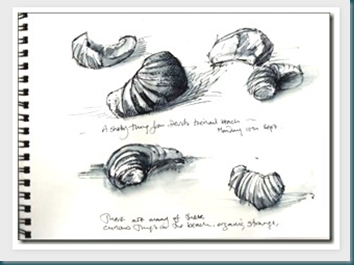

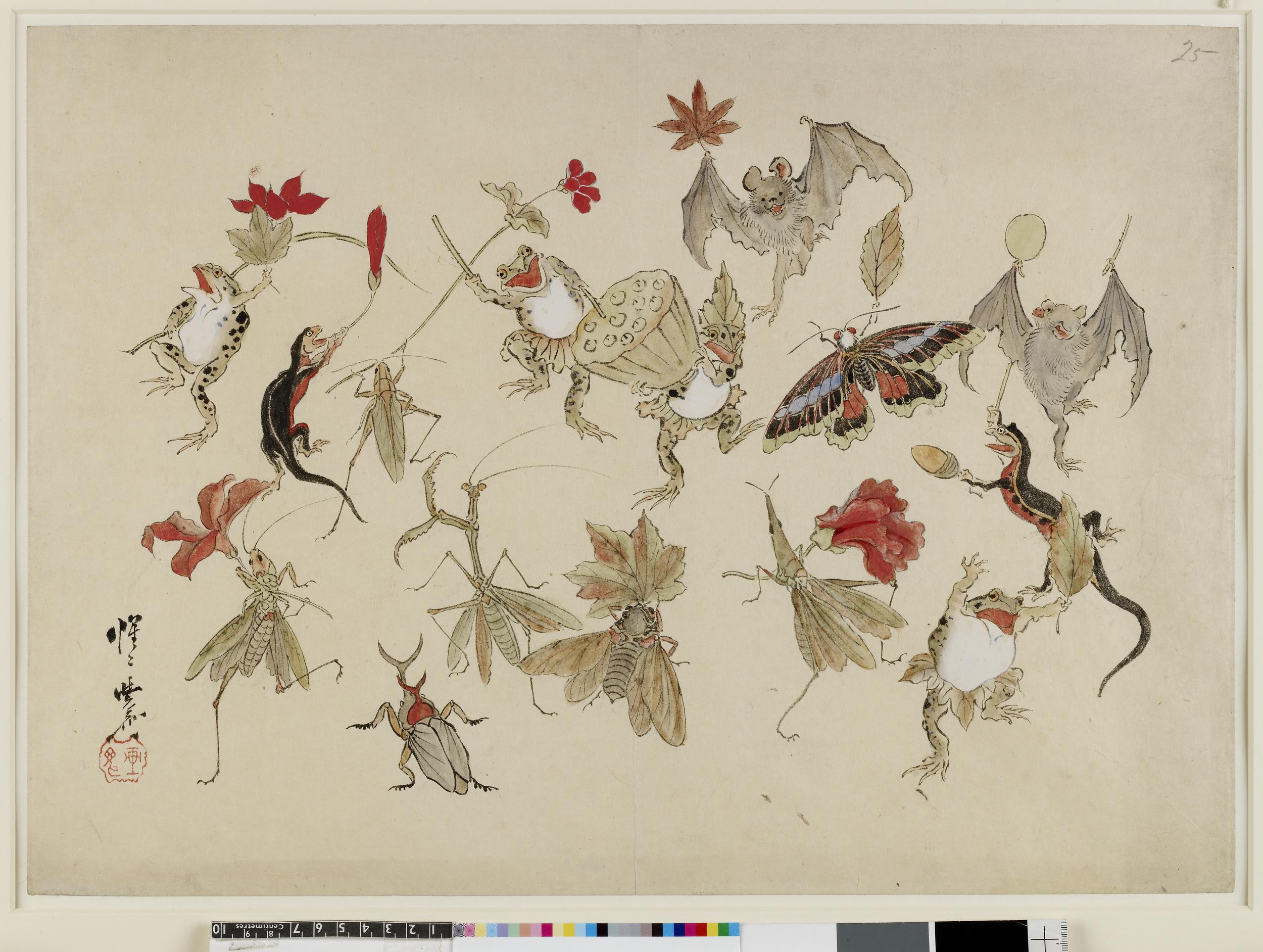
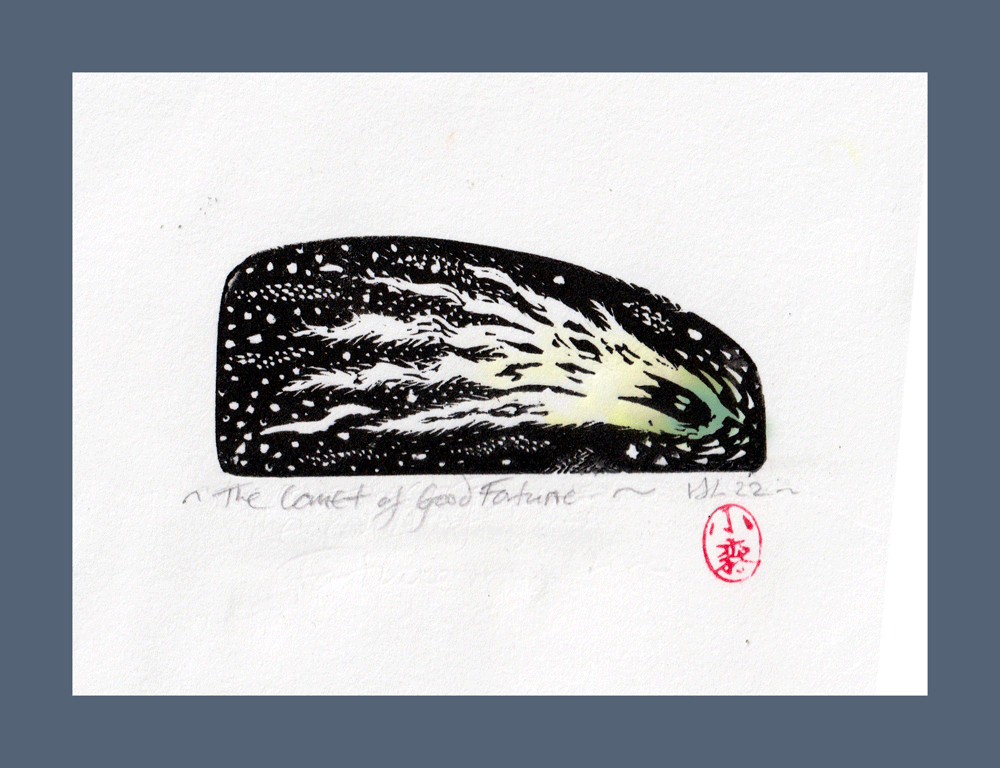
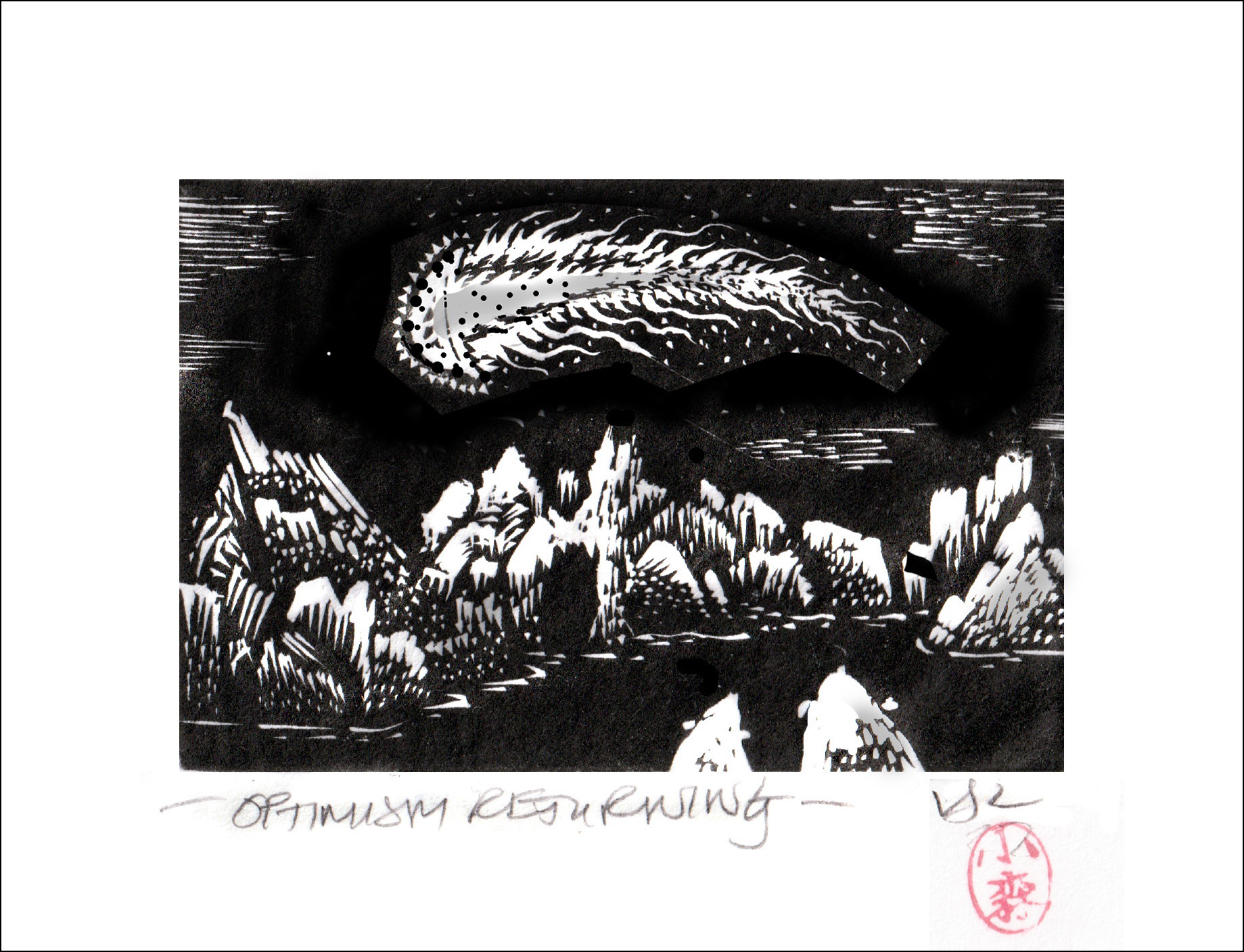
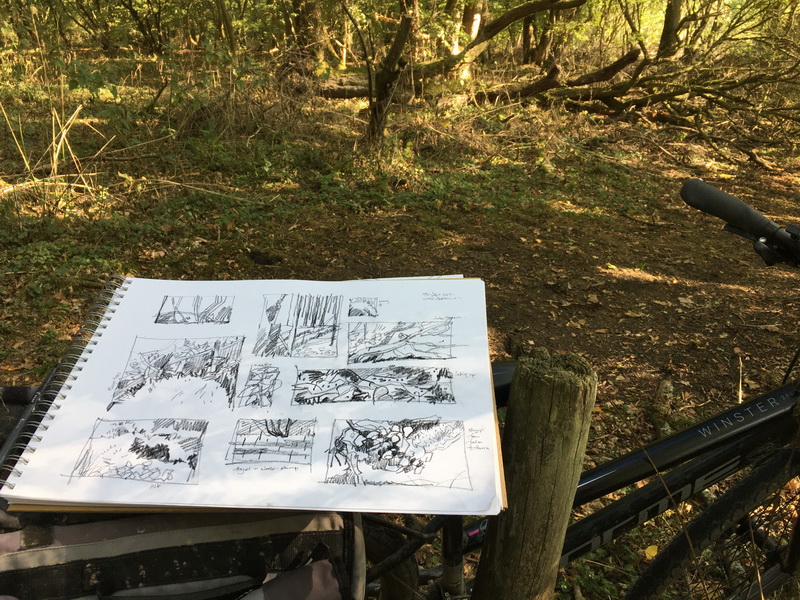
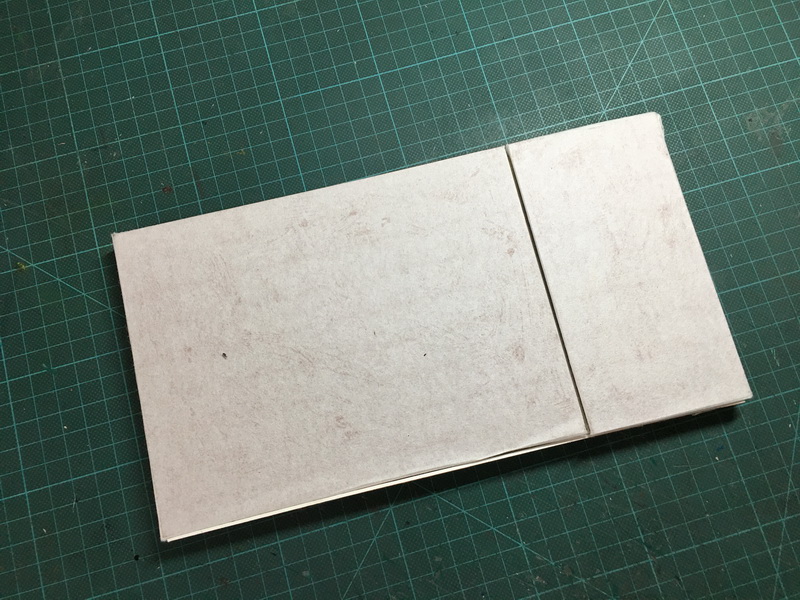
demons and dragons. And a damsel in distress?
Funny…I've gone my whole life without ever hearing of these, and then recently they popped up in a novel I was reading, and now I see these beautiful images on your site! Fsscinating subject.
Well Diana.. It looks like it's going that way. I am helpless to resist!
Hi Sarah,, I too had never heard of them till we moved here. They are quite odd…but interesting..more to come ..